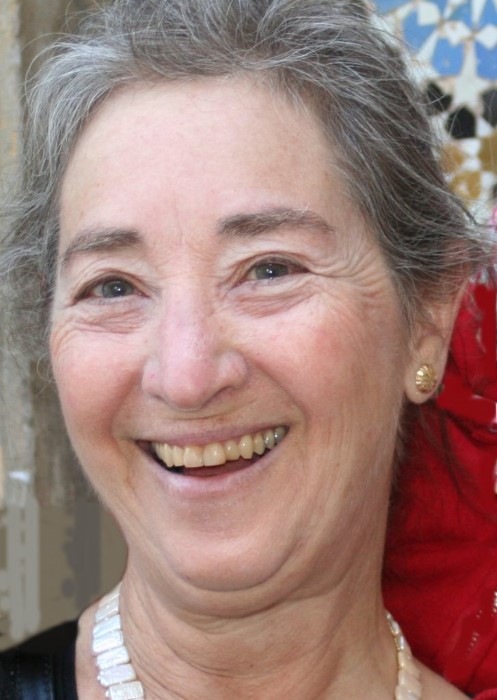 You write and teach about ageism. What has made you so passionate about the subject?
You write and teach about ageism. What has made you so passionate about the subject?
I wasn’t originally passionate about ageism. Quite the contrary. I was looking for progress stories. “Midlife Exhilaration,” the first mainstream article I wrote, for the New York Times Magazine in 1989, reported some giddy new surprises about feeling good about growing older. Midlifers were being seen by writers and pundits as more competent, more assertive (and sexier) than anyone anticipated. The book I published, also in 1989, was called Safe at Last in the Middle Years. Many thought the so-called Baby Boomers would change old age as well as midlife decline ideology.
But I soon found that the Boomers couldn’t make it happen. People in their middle years were being dropped out of the workforce. Many long-unemployed midlife men in their fifties were committing suicide. “Anti-aging”—those cosmetic responses to ageism—turns out not to be a protective strategy. Today, ageism is hitting people younger than ever. The book I recently published, Ending Ageism, is subtitled How Not to Shoot Old People.
So as a cultural critic, writer, and scholar, over 25 years, you observed grave changes in the United States. What factors are responsible for these observations?
Not my own aging past midlife. I do identify with old people now that I am old enough to be a victim of ageism (and I have been a victim), but I’m fine in terms of health, work, and love. What has changed in painful ways is our society. It has made aging-past-youth darker and more painful through its concerted ageism. This ranges from micro-aggressions like calling me “young lady” to true violence. Some of it shocks me, some of it is appalling to anyone, but worst of all much gets ignored. We don’t know what ageism is.
Many enemies of later life are never reproached for ageism, even though their effects on old people are nasty or lethal. Congressional neoliberals, for instance. I watch the constant attacks on the safety nets translated into scapegoating old people for budget deficits that come from Congress having lowered taxes on the corporations and the rich. Republicans recently attempted to end Meals on Wheels, famously little more expensive for millions of recipients annually than Trump’s visits to Mar-a-Lago would be over the same period. I feel the nation needs to wake up to this most accepted of biases.

What are the most pervasive issues you’ve uncovered around aging in the US?
Familiar though I was with an array of ageisms that include unrelenting Congressional attempts to unravel the safety nets of Social Security, Medicare, and Medicaid, people started relaying personal stories that shocked and upset me. They reported everything from casual insults, threats of bodily harm, to real violence. And sometimes, but parsimoniously, their feelings. I started listening harder.
Here is a friend who is a respected lawyer, a gorgeous woman in her mid-seventies with beautifully coiffed white hair.
I had my first ageist assault yesterday. I was in a convenience store paying with a credit card on a machine. I hesitated, thinking about whether I wanted to get cash and this young punk thrust his arm across my face, aiming his finger at the no button. “Just say no,” he said. I had to physically push his arm away to keep him from taking over the machine. “Leave me alone,” I said. He said, “That’s what I do for my grandmother.” His arm within millimeters of my face was a physical assault and his assumption that he knew what was best for me was even more enraging. All I wanted to say was “F*** you,” so I said nothing. The anger was intense.
I call know-it-alls like him “Young Judges.” They have internalized ageism. They have absorbed too much of the magnificent imaginary power conferred on them by the Western world’s cult of youth.
Behind this young man’s arrogance and invasiveness lie much worse for people aging past youth: nasty fantasies, hostile regulations and laws, practices, disdain, avoidance, invisibility and hypervisibility, intolerance of our appearance, lack of audiences for our grievances, underestimation of our trials, dislike of our alleged characteristics or disgust at our apparent weaknesses, and unwillingness to look us in the eye or spend time in our company.
The Internet empowers hysterical young men to publish hate speech against elders, as in, “God forbid these miserable once-were-people not [sic] survive as long as possible to burden the rest of us.” This fantasy wish—that a large and easily identifiable group, “miserable once-were-people” should die prematurely for the convenience of youngers—can be matched by many other Web slurs.
Careless bullies on streets, on bikes, even on college campuses, make walking while old, as I call it, dangerous. One 65-year-old white acquaintance wrote to me about sidewalk encounters, “I feel like it’s a battle of wills as we close in on each other, and eventually one of us steps out of the way. I often feel invisible…” She feels the risks of having “less muscular flexibility to duck and weave.” One 80-year-old man I know, a retired CEO, was shoved down subway stairs and endured a knee operation, opioids, rehab, and a cascade of problems thereafter.
The shootings, when I discovered them through research, were the most appalling. Men—men over 55—are shooting their sick wives and calling it a mercy killing. Sometimes they kill themselves too, but if they don’t, the law is lenient to an old white man with a gun.
Medicine. If you get breast cancer, the odds of your surgeon not recommending chemotherapy if you are a woman over sixty-five are seven times greater than for a woman under fifty. Medical neglect, medical undertreatment—this is ageism.
Business. Through outsourcing and downsizing, corporate global capitalism is depriving midlife workers—not just in the Rust Belt factories or on farms, but across the professions, in Silicon Valley, in Hollywood—of employment and decent jobs. Letting people go, keeping people out of work, refusing aid to select groups because of age—that is all ageism.
Media oblivion. The media raise the fear of Alzheimer’s, erroneously equating it with aging into old age. Older women, who live longer, are tasked as particular “burdens.” This is ageism and sexist ageism.

Speaking at the University of Graz, Austria
How can we as a society change attitudes around aging?
Recognize the harms, first of all. The law and society recognize that sexism and racism can be violent. We need to recognize the violence of ageism. Sometimes the attacks are invisible—or perhaps it would be better to say, they go unseen. And often the victims are silent, or rather their cries go unheard. We old people are supposed to appear dignified, which means uncomplaining. We are not permitted to take offense. We are not allowed to be violent. So it behooves those who have hearts to be vigilant. One way to become more human is to listen to the pain of others. To try to hold ourselves steady to listen to the pain of being shamed, the ignominy of being a target. To report the biases and the sufferings.
Ending Ageism, or How Not to Shoot Old People, my new book, ends with a short Declaration of Grievances. At an international conference in Austria, a brilliant designer named Carolyn Kerchof came up to me after I read the Declaration as part of my keynote and she offered to make a poster of it. Now the Declaration she designed is available to download and print (in English and Spanish) for free on Facebook. Memorize it and apply it to what needs to be done.
How can individuals combat ageism as we encounter it?
Don’t be silent, like my friend was in the convenience store.
Learn what counts as ageism—perhaps from thinking about the Declaration of Grievances, perhaps from direct observation—and be prepared with a riposte when it happens to you, or to a friend. Your response can be polite or crude. It can be brief or a short speech. It can be preventative: “Never call me ‘little lady’.” When in doubt, go to Ashton Applewhite’s Website, Yo, Is This Ageist, and ask her. It’s interactive, and she’ll answer. And watch your back, if you are aging past midlife. Your aging is the trigger for their ageism.
If you have children and grandchildren, teach them anti-ageism in whatever ways you can.
It’s a bitter irony that the Age of Longevity—when we should be proud of having so many people growing old, and glad to have them with us, enjoying life in these extra years—should be driving the terror of growing old. It’s a harsh fact that ageism has grown so much worse, while most of the public has yet to learn what the word means.
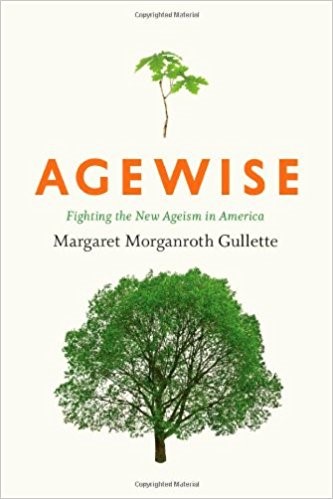
What resources do you recommend about ageism?
Set up a Google Alert for the word ageism, and read, week after week, what comes straight to your inbox. This week, age discrimination against relatively young people in Silicon Valley was covered twice. Ageism adds to the stigma faced by adults with HIV—and HIV/AIDS rates are growing fastest among older people. Jessica Lange, like many other stars, has complained about sexist ageism in Hollywood. In the admissions process at an Indian university, if two candidates have the same grades, the younger one will be chosen. (This can happen in graduate school admissions in the US also, or in choosing adjuncts.) The range of ageisms observed on these Google Alerts is not yet as wide and bad as those I reveal in Ending Ageism, but it is growing worldwide. These are global issues of behavior and rights.
Ask friends and acquaintances of all ages whether they have experienced ageism, and be patient as they try to figure out whether what bothered them was it. Get these conversations going, reassure, give support.
Books and websites can be great. I return to recent readable books like Peg Cruikshank’s Learning to Be Old, Ashton Applewhite’s This Chair Rocks: A Manifesto Against Ageism
and Anne Karpf’s How to Age
. If you are a teacher, join NANAS, the North American Network in Aging Studies, which sends you a monthly list of blogs and academic writing in age studies
But knowing your own mind, understanding your own experience, and listening to others are basic to changing our society. Then, get active. Start an ageism-consciousness group, a reading group, join or start a chapter of the Gray Panthers.
Connect with Margaret Morganroth Gullette
Email address: mgullett@brandeis.edu
Her Books:
Ending Ageism, or How Not to Shoot Old People
The Big Move: Life Between the Turning Points
Agewise: Fighting the New Ageism in America
Safe at Last in the Middle Years: The Invention of the Midlife Progress Novel
Declining to Decline: Cultural Combat and the Politics of the Midlife (Age Studies)
Margaret Morganroth Gullette, an internationally known age critic, essayist and activist, is the author most recently of Ending Ageism, or How Not to Shoot Old People. Her prizewinning books include Agewise: Fighting the New Ageism in America, a 2012 winner of the Eric Hoffer Book Award and Declining to Decline
(1997) which received the Emily Toth Award as the Abest feminist book on American popular culture. Aged by Culture
(2004) was chosen a Noteworthy Book of the Year by the Christian Science Monitor. Her essays are often cited as notable in Best American Essays, and she writes frequently for the mainstream and feminist press and literary/ cultural quarterlies. She is a Resident Scholar at the Women’s Studies Research Center, Brandeis.
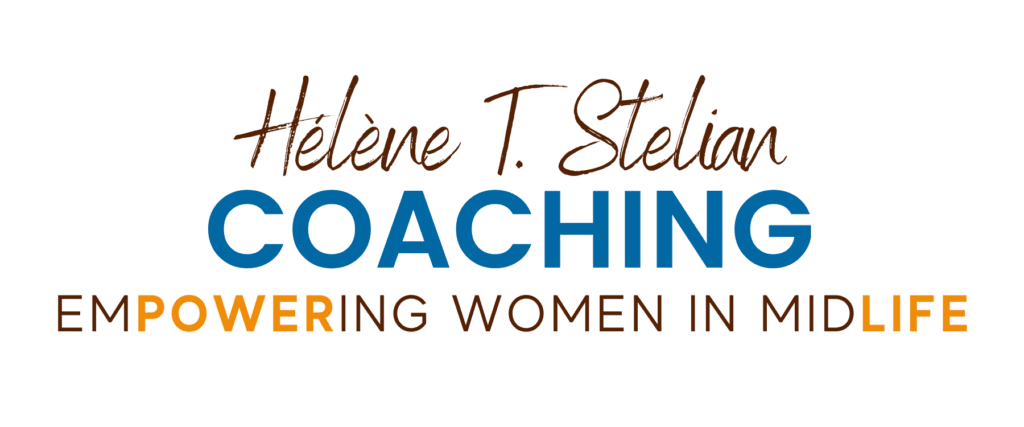
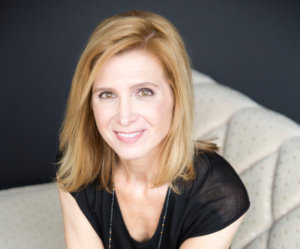
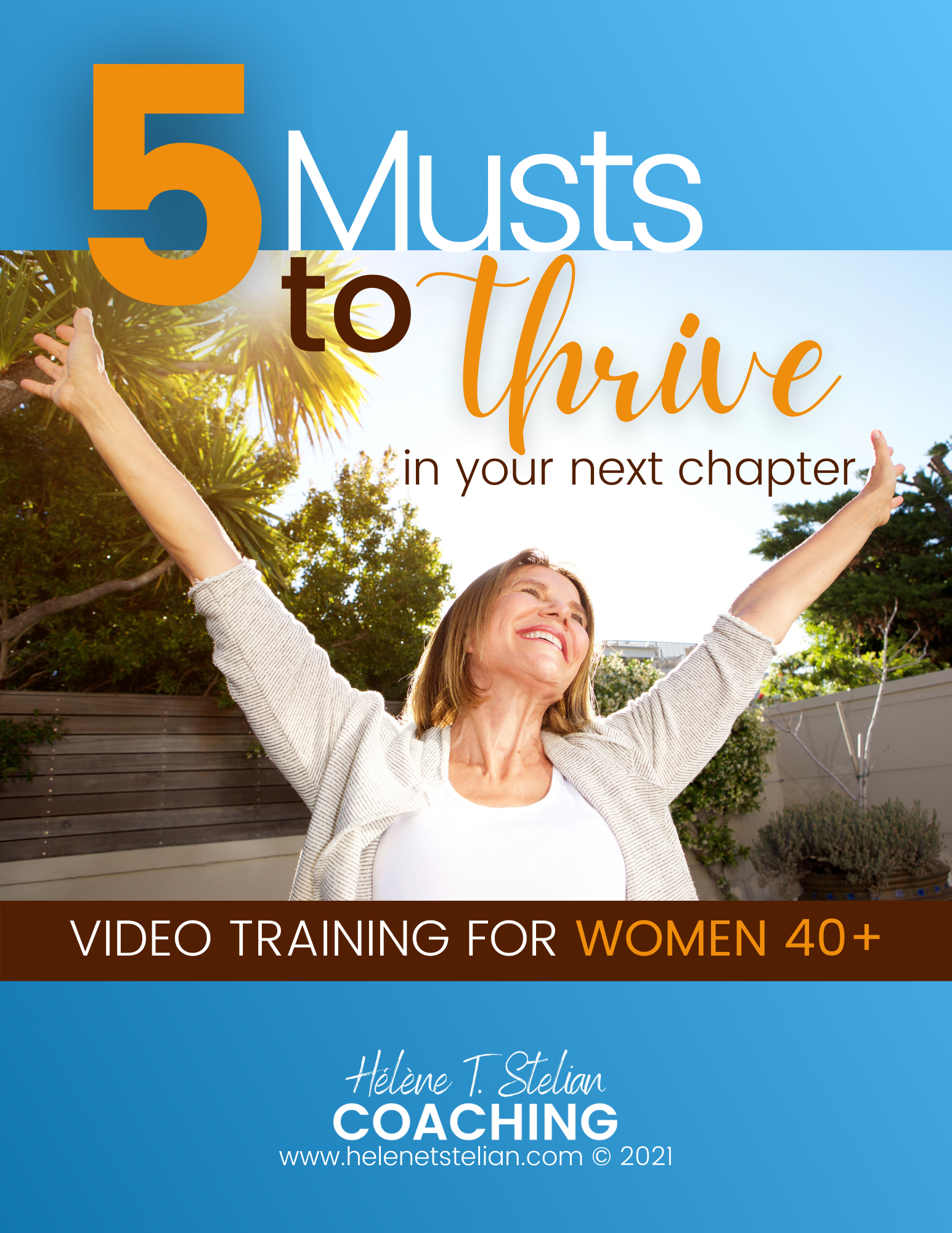



Powerful thoughts! Wow!! Thanks for the interview.
I’m glad you haven’t experienced it, but you may begin to observe it. In words, looks, or while walking. Or you may observe that older people have internalized ageism, and are shyer about talking, or make jokes about decline. We need to be training ourselves to observe, the way we learned to observe racism (those who hadn’t been taught it or experienced it themselves), or sexism.
I will be 56 on Wednesday and to be honest I haven’t experienced ageism yet, however, I am pretty sure it’s in my future.
I have seen first-hand how ageism affects health care to elderly. My Mother was in her 80’s when she developed symptoms of Uterine cancer. The Dr. told her that it was a slow growing kind of cancer and wouldn’t develop fully into a problem for about ten years. He said the cure would be a complete hysterectomy but considering her age, it was up to here to decide whether she felt she felt she should have the operation or not because and then he shrugged his shoulders. Which we knew meant did we think she would she die of other causes first. She opted to have the operation and 10 years later, she is cancer free at 98 and still very much alive.
That “shrug” seems to me like an unprofessional response, and unkind.
Surgeons are not geriatricians, and many doctors are not geriatricians either. Your mother’s surgeon was possibly not taking into account that so many otherwise healthy people may survive cancer and live a long time.
But he was correct in telling your mother, as I understand your story, that surgery was an OPTION, not something he would pressure her to undergo. Surgery has risks, not least of which is the anesthesia. Many older men with prostate cancer hear that watchful waiting is an option.
The lack of geriatricians–the failure of the government to make sure there are enough for the growing number of older people–is another issue that is tied, many gerontologists believe, to neglect of the elderly. Ageism can take many forms.